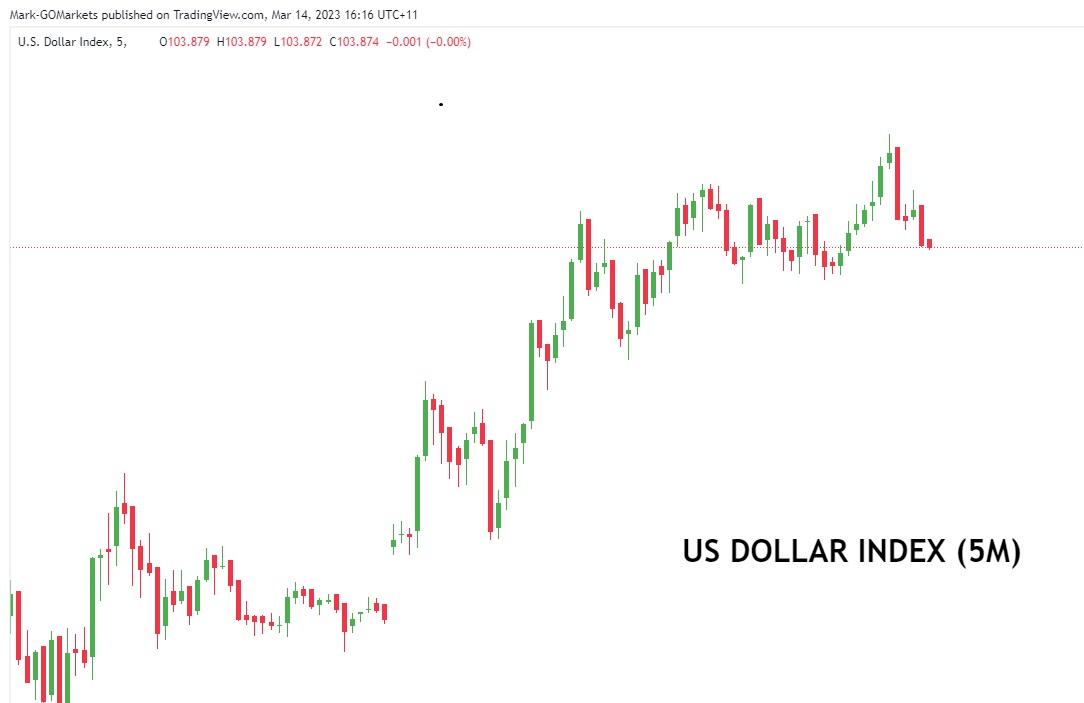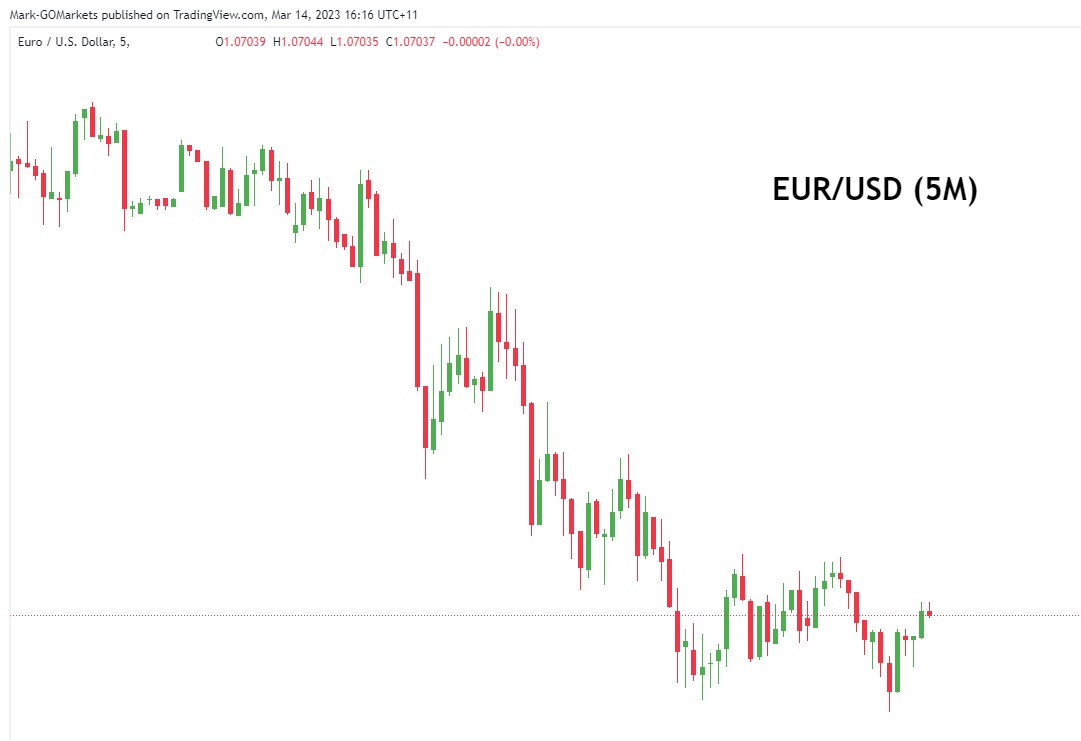How to trade the US Dollar Index
14 March 2023The US Dollar Index (DXY) is a popular tool used by forex traders to assess the value of the US dollar relative to a basket of other major currencies. The DXY is calculated using the weighted average of six major currencies: the euro, yen, pound sterling, Canadian dollar, Swedish krona, and Swiss franc.
To use the DXY to trade forex, you can follow these steps:
1. Monitor the DXY:
Keep an eye on the movements of the DXY to get a sense of the overall strength or weakness of the US dollar. You can use technical analysis tools, such as moving averages or trend lines, to identify the direction of the trend.
2. Analyse currency pairs
Look for forex pairs that are inversely correlated to the DXY. This means that when the DXY goes up, the currency pair goes down, and vice versa. For example, the EUR/USD pair is negatively correlated to the DXY, which means that as the DXY goes up, the EUR/USD pair goes down.


- Plan your trades
Once you have identified a currency pair that is inversely correlated to the DXY, you can plan your trades accordingly. For example, if the DXY is showing signs of weakness, you may want to consider going long on a negatively correlated currency pair, such as the EUR/USD.
- Manage your risk
As with any trading strategy, it’s important to manage your risk when using the DXY to trade forex. Make sure to use stop-loss orders to limit your losses in case the market moves against you.
Currency pairs may be influenced by other factors besides the DXY, which may not be a perfect indicator of the US dollar’s value. To make informed trading decisions, it is important to combine the DXY with other technical and fundamental analysis tools.
Disclaimer: Articles are from GO Markets analysts and contributors and are based on their independent analysis or personal experiences. Views, opinions or trading styles expressed are their own, and should not be taken as either representative of or shared by GO Markets. Advice, if any, is of a ‘general’ nature and not based on your personal objectives, financial situation or needs. Consider how appropriate the advice, if any, is to your objectives, financial situation and needs, before acting on the advice.
Next Article
US equities whipsaw on CPI, S&P downgrade – Oil and BTC at critical levels
We had roller coaster of a ride on US markets in Tuesdays session, US markets initially moved higher on a CPI figure that came in line with expectations taking a little bit of pressure off the fed and no more news of banks going bust. The punchbowl was taken away later in the session though as news of a US drone and Russian jet colliding paired ...
Previous Article
Bank of Canada keeps interest rates at 4.50%
This week, the Bank of Canada (BoC) released its decision to hold interest rates at the current level of 4.50%. In the rate statement, the BoC indicat...




